
Last year Land Rover told us of its intentions, within the framework of the Zeus project, to have hydrogen fuel cell vehicles as one more way to electrify its range and eliminate emissions. To do this, Land Rover has partnered with specialist UK-based companies such as AVL, Delta Motorsport, Marelli Automotive Systems, and the UKBIC. We already know the first details of a prototype of the hydrogen Land Rover Defender.
It was unveiled at the UK’s Cenex-LCV trade show, with no associated press release. According to the documentation shown to those present, the fuel cell located in the front compartment has an output power of 90 kW, which feeds lithium-ion batteries with a capacity of 16.7 kWh and 340 kW of power. These components are supplied by Delta Motorsport.
There are two electric motors (or EDU), one on each axle, with unit power of 147 kW/200 CV, so that even demanding the maximum, the batteries would be up to the demand. The hydrogen tanks, of which we still do not know anything, are two, one arranged longitudinally and the other crosswise, with the batteries placed between them also crosswise.
There are other parts of the car that have been developed taking advantage of existing parts as much as possible, such as the cooling circuit, the power electronics, or the instrumentation. We do not know data on hydrogen consumption, performance, vehicle weight, etc. It is the first version, and between now and mass production there is room for improvement.
Land Rover relies on the fuel cell as an alternative to conventional or hybrid engines for the simple reason that their vehicles are not aerodynamically efficient, so with batteries, there will always be a problem that they are too heavy to have a decent range. or the opposite, that autonomy seems scarce.

Few manufacturers continue to evaluate hydrogen fuel cells in passenger cars and SUVs. The last to do so has been BMW, which is already producing fuel cells in small series -with Toyota technology- that will be used in the prototypes of the BMW X5. And in addition to the aforementioned Toyota, we have Hyundai or Renault, plus a few Chinese manufacturers. There is little else beyond these signatures because the viability of this type of vehicle is constantly questioned. In light commercial vehicles, there are more possibilities and many more in heavy vehicles. Source; Linkedin
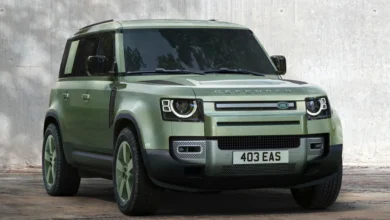
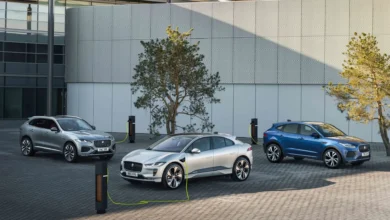
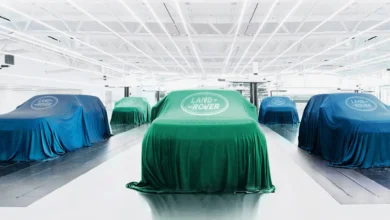
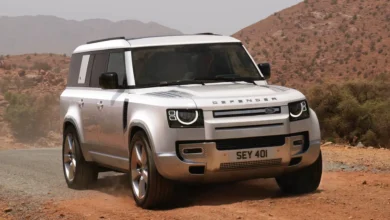

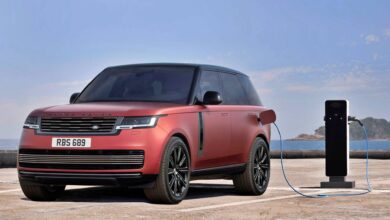
Brilliant. So long as they don’t leave London they’ll be ok for hydrogen.
Anywhere else and they’re stuffed.